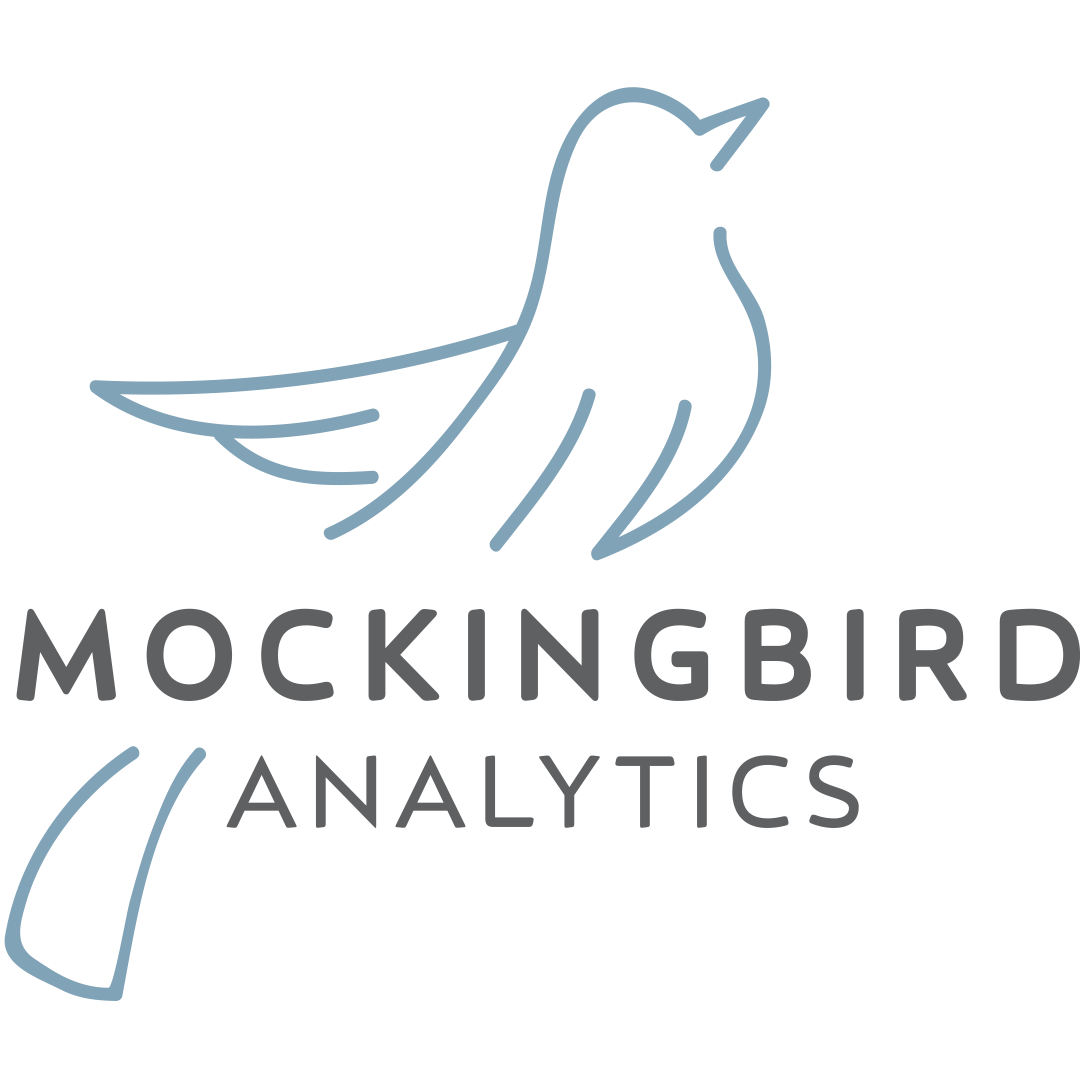Nonprofit Budget Mistakes to Avoid
Creating an accurate, achievable, and realistic budget for your nonprofit is incredibly important, as the budget creates the financial backbone of the entire organization. However, with so many ever-changing costs to factor in, plus the sometimes-unpredictable fluctuation of funding, budgeting can feel like a guessing game, and even the tidiest itemized spreadsheet can become an intimidating puzzle. Here are some tips to make the process easier and avoid the pitfalls that often come with creating a complex budget.
Yes, You Need a Budget: Even if your nonprofit is brand new, it’s important to come up with a budget. Your estimates might be a bit off, but having a starting point is important. If your numbers aren’t correct the first time around, when you review your budget, you’ll have a better sense of where you were “off” and how to adjust. Creating a budget right out of the gate also sets the stage for a healthier, more organized financial future. It will also make taxes and other paperwork easier to complete, as you’ll have a clear, categorized record of your financial situation. Additionally, a tangible budget gives you something to show potential donors, instilling confidence and professionalism in your nonprofit from the very beginning.
Invest in the Future: It can be tempting to spend money on things that will affect your nonprofit immediately, but it’s also prudent to balance your current spending with saving for the future. With time and growth, your organization will likely need more employees and more office space. Don’t forget to budget for these future costs; save for them now so you’ll be prepared when the time comes to expand. To get the most bang for your buck, consider placing these funds in an account where they can accrue interest. As a best practice, nonprofits should have enough cash savings on hand to operate for 3-6 months.
On that same note, it’s important to budget for aspirational areas of growth. For example, though your organization may not start out with an Executive Director, add a line in the budget for one. Even if you only budget a symbolic dollar, it will make clear that this is an expected expense in the future – a sign of stability for donors as well as a reminder to fill this role as the organization grows. Be sure to budget for other known categories, as well; for example, budget for marketing even if you do not yet have a marketing team.
Stay Organized: As mentioned earlier, organization is imperative to a healthy budget. Keep careful track of all receipts and invoices. While it’s useful to save hard copies, you’ll also want digital copies of your paperwork – they can be easier to organize and harder to lose. You will be asked to account for how you spent any restricted funds you received so keeping receipts is important for reporting as well.
Categorize Your Costs: When budgeting, make your line items as specific as possible. In particular, differentiate between overhead operating costs and program expenses. Nonprofit financials are public, and donors will want to see the majority of money going toward the stated cause versus administrative costs. Nonprofits should generally try to have less than 30% of their budgets go toward operating costs, though this is a best practice, not a hard and fast rule. Many foundations ask for budget narratives or budget justifications to explain your expenses as well. So make sure you have a clear rationale for each line item.
Set Realistic Expectations: It’s important to dream big, but it’s also necessary to ground your goals in reality. Take into account the nonprofit’s past performance when setting future goals, but account for roadblocks along the way. The future can be unpredictable; use concrete data rather than emotion to set reasonable targets. The easiest way to start setting realistic goals is through your development and strategic plans so you know all the work you will have to do to reach those financial goals.
Ask for Help: You don’t have to be a financial guru to start a nonprofit. There are so many other elements at play when it comes to your organization’s success, and it’s okay if budgeting isn’t your strongest suit. While you’re focused on making a difference, reach out and ask for help from those with more experience. Professionals can help you organize, create a successful budget that appeals to donors, and avoid common stumbling blocks. Be strategic with your board and make sure your board treasurer is comfortable with the basics of budgeting so you have an extra set of eyes on your spreadsheets.
Need assistance? Mockingbird Analytics can set you up for success! Contact us today to help navigate your nonprofit’s budgeting needs.

